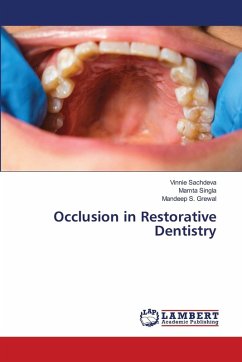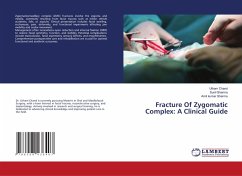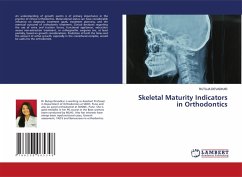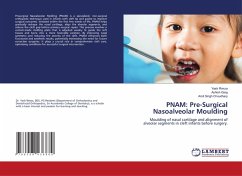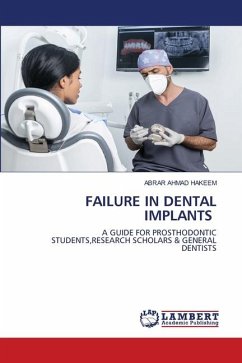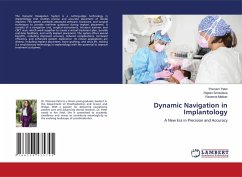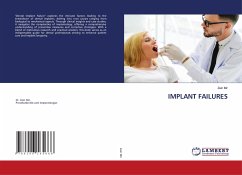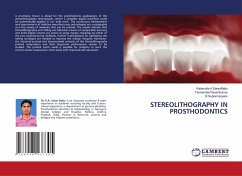
Epithelial-Mesenchymal Transition: Cancer's Pathway to Spread
Exploring the pivotal role of epithelial-mesenchymal transition in cancer progression, invasion, and metastatic spread
Versandkostenfrei!
Versandfertig in 1-2 Wochen
29,99 €
inkl. MwSt.

PAYBACK Punkte
15 °P sammeln!
Epithelial-mesenchymal transition (EMT) is a vital biological process in which epithelial cells transform into mesenchymal cells, gaining migratory and invasive capabilities. This reversible process plays a critical role in embryonic development, wound healing, fibrosis, and cancer metastasis. EMT is regulated by key signaling pathways, including TGF-ß, Wnt, and Notch, and orchestrated by transcription factors like Snail and Twist. In cancer, EMT facilitates invasion, metastasis, and therapy resistance, marking it as a significant factor in tumor progression. EMT also contributes to cancer st...
Epithelial-mesenchymal transition (EMT) is a vital biological process in which epithelial cells transform into mesenchymal cells, gaining migratory and invasive capabilities. This reversible process plays a critical role in embryonic development, wound healing, fibrosis, and cancer metastasis. EMT is regulated by key signaling pathways, including TGF-ß, Wnt, and Notch, and orchestrated by transcription factors like Snail and Twist. In cancer, EMT facilitates invasion, metastasis, and therapy resistance, marking it as a significant factor in tumor progression. EMT also contributes to cancer stem cell formation and immune evasion. The interplay between EMT and mesenchymal-to-epithelial transition (MET) underscores cellular plasticity in metastasis, where cells revert to epithelial states in secondary sites. Recent advances in targeting EMT therapeutically-such as inhibitors of TGF-ß and EMT transcription factors-offer hope for reducing metastasis and improving treatment outcomes. This work explores the molecular mechanisms and clinical implications of EMT, emphasizing its dual roles in physiology and pathology.






